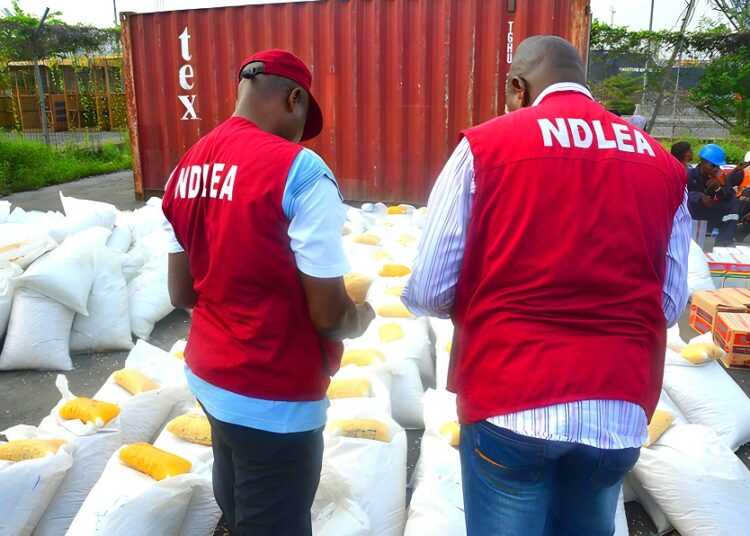Stakeholders have stressed that there is an urgent need for the government to combat the prevalent social and cultural problems fueling drug addiction in Nigeria by deploying community action and social advocacy programmes.
The latest national drug survey has revealed a 14.4% prevalence of drug use in Nigeria, highlighting the severity of the problem.
Hence, they advocated for inter-agency collaboration and a multi-sectoral approach to address the growing complexity and the root causes of drug-related crimes to create long-term solutions to this pervasive issue in Nigeria.
Speaking at a two-day training program for security and law enforcement officers in Lagos, NDLEA Lagos Strategic Commander Abubakar Liman Wali underscored the urgent need for enhanced regulatory measures.
According to him, “The rising threat of both traditional and emerging tobacco products requires proactive strategies.
“The landscape of drug trafficking and abuse is evolving rapidly, and our commitment to adapt and strengthen our defences is crucial to counter these threats effectively.”
He remarked that the training was designed to boost leadership skills and foster inter-agency collaboration in addressing the multifaceted challenges posed by drug use.”
Wali asserts that the initiative seeks to promote a shared vision of a drug-free society through cohesive actions that span enforcement, reduction, and rehabilitation.
Also speaking, NDLEA Assistant Commander General of Narcotics (ACGN), Mrs Ibibia Odili, noted that the significance of reducing drug demand as a means to improve overall societal well-being as the NDCMP’s implementation would address not just security and health issues but also food and environmental challenges.
“The pillars of the master plan include supply reduction, drug demand reduction, arrests, and seizures. These measures aim to disrupt the availability of illicit narcotics, precursor chemicals, and other controlled substances while ensuring sustainable impacts on the community,” she said.











